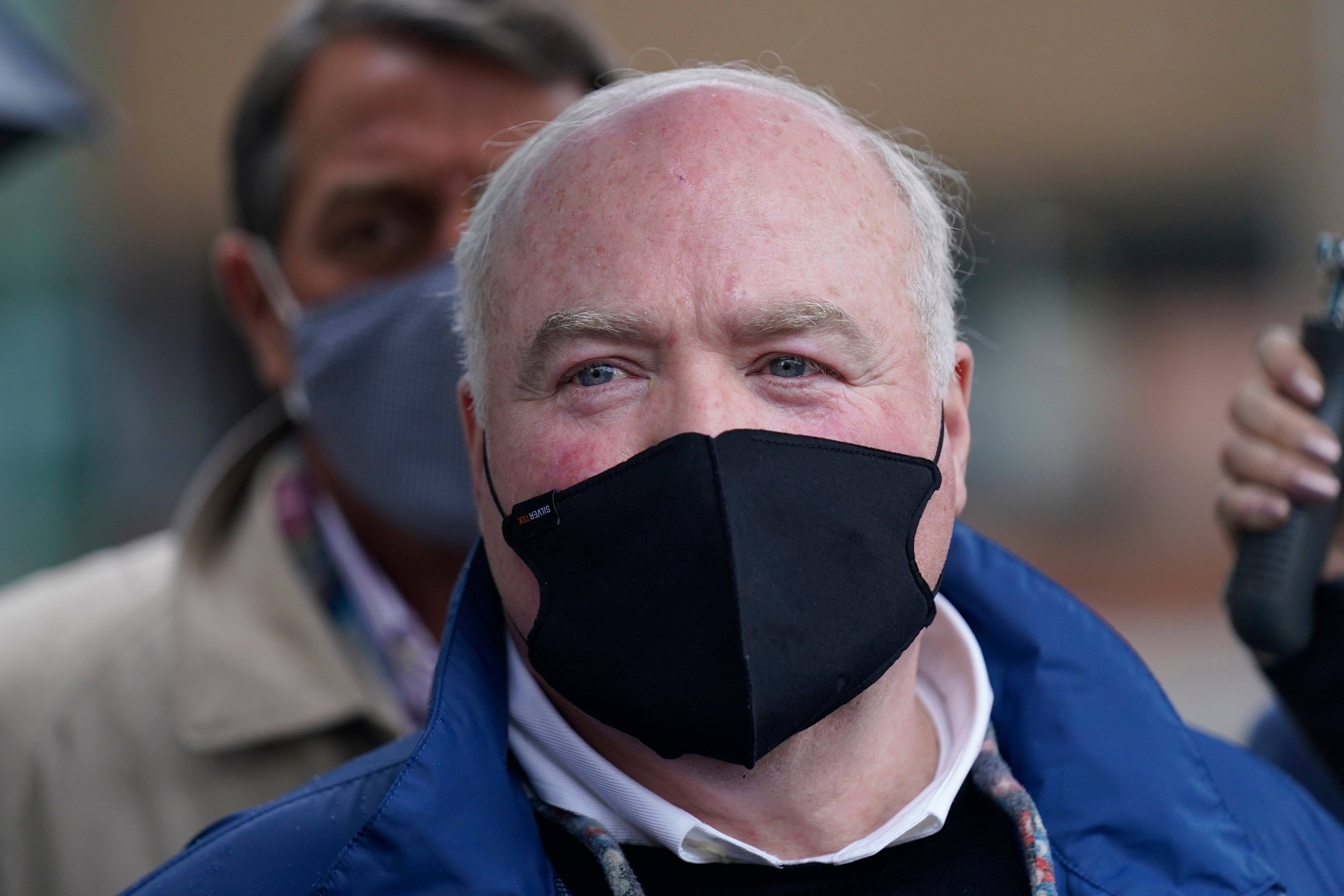Hartford Courant wins appeal over secrecy in juvenile crimes
The Hartford Courant triumphed Monday in its challenge to a Connecticut law sealing some juvenile court proceedings, including records in Kennedy cousin Michael Skakel’s murder case

The Hartford Courant triumphed Monday in its challenge to a Connecticut law sealing some juvenile court proceedings, including records in Kennedy cousin Michael Skakel's murder case.
The 2nd U.S. Circuit Court of Appeals in Manhattan said a 2019 Connecticut law that kept secret the identities of juveniles when their cases were transferred to adult court was written too broadly to be constitutional, and the First Amendment requires a presumption of disclosure in these instances unless it can be proven confidentiality is necessary.
The decision came in a lawsuit challenging the law filed by the newspaper and the Reporters Committee for Freedom of the Press.
The law had only allowed records involving the juveniles to be unsealed if they were convicted. The three-judge appeals panel, in affirming a lower court judge's decision last summer, said that wasn't enough.
“There is a presumption of confidentiality when it could be the other way around," the 2nd Circuit said in a decision written by Circuit Judge Denny Chin.
“Open trials assure the public that procedural rights are respected, and that justice is afforded equally. Closed trials breed suspicion of prejudice and arbitrariness, which in turn spawns disrespect for law. Public access is essential," it added.
In its decision, the 2nd Circuit noted the law would have applied to Skakel’s murder case even though he is now in his 60s.
Skakel, a nephew of Robert F. Kennedy’s widow, Ethel Kennedy, was convicted in 2002 of killing a 15-year-old girl when he was 15 in 1975. He served over 11 years in prison before a judge reversed his conviction in 2013, citing mistakes by his trial lawyer. The state Supreme Court reinstated the murder conviction in 2016, but later reversed itself and overturned the conviction.
Prosecutors announced in October they would not retry him.
Records in Skakel’s case would have been mandatorily sealed because he was a juvenile when the killing occurred, even though he was 40 when he was charged, the appeals court said.
“The need to protect the confidentiality of juveniles is not implicated by Mr. Skakel’s case, and yet the statute’s broad scope reaches him, in a case of great public interest,” according to the decision.
Elizabeth Benton, a spokesperson for the Connecticut attorney general's office, said lawyers were reviewing the decision and evaluating next steps.
In a statement, attorney Katie Townsend called the ruling “an important victory for judicial transparency."
Townsend, who argued the appeal as legal director for the Reporters Committee for Freedom of the Press, said the decision “will ensure that defendants in Connecticut that are criminally prosecuted as adults for serious crimes that they committed as juveniles will not be tried in secret."